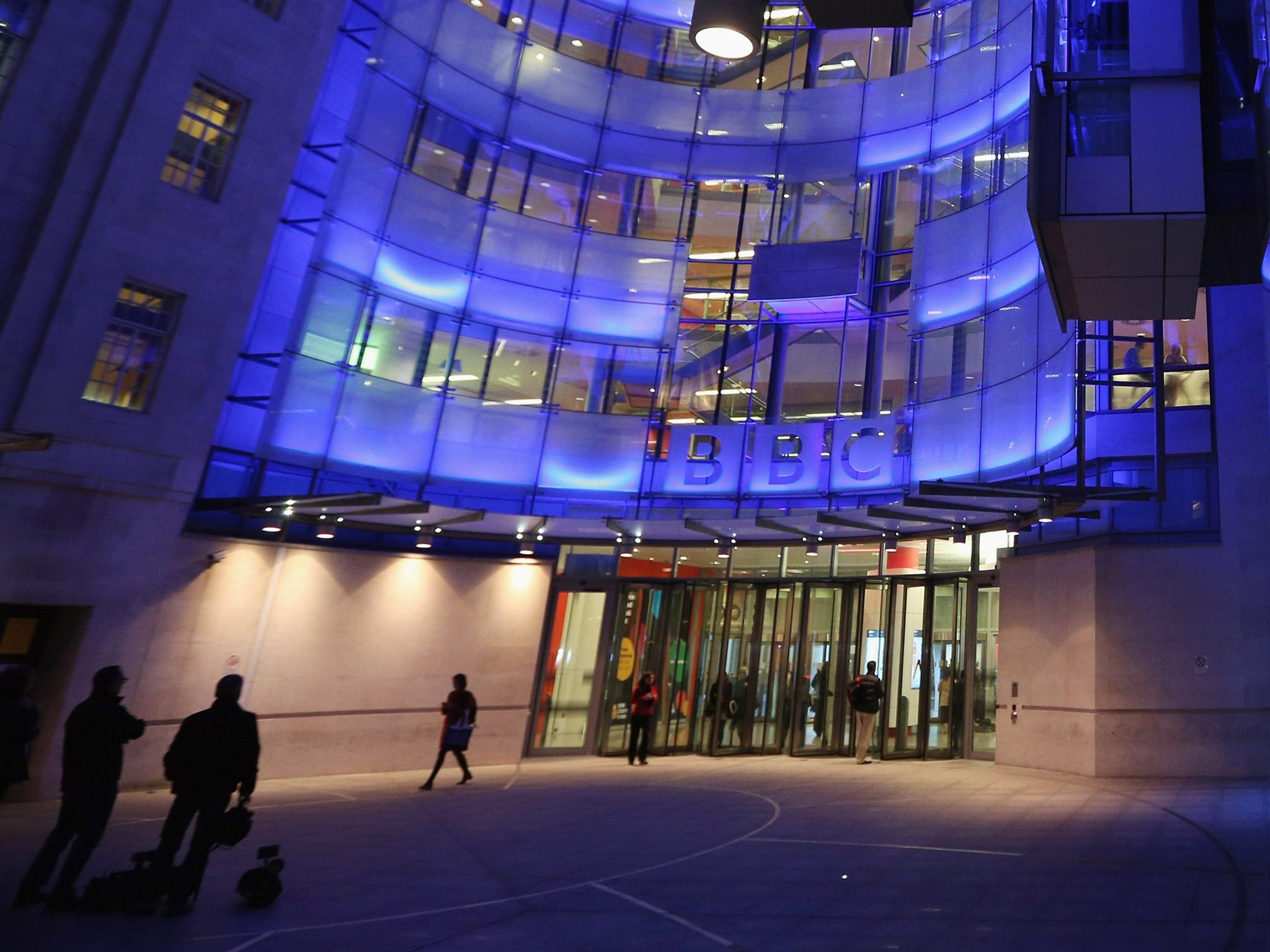John Whittingdale has been kind to the BBC – it still needs reform
The impression has been created that, as with the NHS, a Conservative government is hell-bent on destroying a prized national institution

After all the speechifying, all the lobbying - overt and covert - and all the scare-mongering, the BBC has emerged from its trial by Whittingdale with its immediate future assured - and barely less feather-bedded than it was before. The Corporation and its unquestioning supporters treated the White Paper, published yesterday, as tantamount to victory - as well they might. Given the speed of transformation in the overall media landscape, however, any rejoicing is likely to be premature.
The Government can be forgiven for not wanting to pick a new fight with a powerful and media-savvy constituency, when it already has quarrels with hospital doctors and teachers (plus their local authorities) on its hands. The threat of a revolt in party ranks, at a time when MPs are already riven by the EU debate, may also have been a consideration. My view, for what it is worth, is that John Whittingdale was anyway far less hostile towards the Corporation than he was portrayed. The solidity of his statement and the conviction with which he delivered it would seem to bear that out.
And I would add - just to infuriate still further those now described as the BBC’s “luvvies” - that we have an elected government; it is a Conservative government, and it has a mandate to negotiate a new Charter. The impression has been created by numbers of highly articulate and passionate people that, as with the NHS, a Conservative government is hell-bent on destroying a prized national institution and that any move to enact change or reform is somehow illegitimate. This is sectional arrogance that reaches its logical conclusion in extra-parliamentary action.
The BBC may “belong” to its licence-payers, but licence-payers take different views of what it does with the money and whether, as an organisation, it should shrink, expand, or maintain the status quo. Anyone who believes that the 82 per cent of those who took part in the consultation and wrote in enthusiastic support of the status quo - reflected a similar proportion of licence-payers would do well to look at the criticisms of the White Paper (for being too generous) that appeared on the BBC website as the details came out.
I am not anti-BBC; far from it. I spent seven years of my early working life at the World Service, and have never dissented from the BBC’s ethos and purpose. I do, however, question the extent of its ambition, and the ratio of quantity to quality. In this respect, the institutional changes announced yesterday seemed to get things pretty much right. The role of the BBC Trust was always ambiguous. A board, with a minority - repeat, minority - appointed by the Government is sensible, as is the decision to retain the current chair of the Trust, Rona Fairhead, to head the board until the end of her contract in 2018. That is not so far away, and there is virtue in some stability during the transition. The BBC will not like being subject for its regulation to Ofcom, and there were arguments that its sheer size would make it a cuckoo in Ofcom’s nest. But that, too, seems a common sense solution.
So do some of the details and the decisions not taken. Setting the disclosure level for executive salaries at £150k sets it at what has become the standard gauge: what the prime minister earns. Setting the disclosure level for “talent” so much higher fends off a potential clash. If there was ever a plan to interfere with BBC schedules -which I doubt - there should not have been.
In many other respects, however, an opportunity - or rather a whole series of opportunities - has been missed: an opportunity to streamline the BBC behind its - undoubted - public service remit; an opportunity to consider how much of the BBC’s expansion, especially in the digital sphere can be justified; an opportunity to reconfigure spending in the light of the UK’s increasing federalism, and the imperative to prepare for a world in which paying an annual licence fee to a broadcaster, even a public service broadcaster with the stature of the BBC, could seem as antiquated as a “window tax”.
All this has been made worse by the proposal to end the freeze on the licence fee. By all means, include access to the iPlayer within the licence fee (why was it not?) and make the fee harder to evade. But the BBC now has no real need to reconsider the costs of what it is doing.
Less, or at least no more, money would compel what the BBC (and its “luvvies”) would call hard choices. But they really should not be that hard. The BBC is a public service; it is also a national - and nationally-binding - force. The Government’s emphasis on serving many different communities and maintaining local radio runs against this.
Commercial local radio stations have proved viable - they would be even more viable without competition from the BBC. The BBC should concentrate on being a national service, with federal arms (and appropriate shares of the budget) delegated to Scotland, Wales and Northern Ireland, for them to administer.
The BBC should not run nearly as many extra digital stations as it does, and it could use the downtime on, say, BBC4, to carry English lessons for the UK’s many newcomers. The division of responsibilities of the BBC’s national radio stations is much-loved, but obsolete. A dedicated radio news channel (like France-Info), which leaves Radio 5 to sport, is long overdue.
The website should stick to news, background, and previously broadcast material via the iPlayer. Recipes, the “magazine” should go the way of the BBC’s ill-judged excursion into travel publishing. This is work for others to do. The plan for the BBC somehow make it up to print journalism by helping subsidise local newspapers is patronising and misguided. If the Government is worried about the survival of the local press, it should subsidise it directly, as some other EU countries talk of doing, not through the BBC.
In some ways, this highlights the bigger problem with the Corporation. Courtesy of the licence fee, it has something no other branch of the media enjoys at a time when so much in the sector is in flux. This is the huge privilege of security. And the licence fee depends not just on the government that negotiates the Charter, but on public consent. Given the speed of change, it is not impossible that this public consent could run out before the Charter does, which is why something more radical than this White Paper has not been cancelled, just postponed.


Join our commenting forum
Join thought-provoking conversations, follow other Independent readers and see their replies